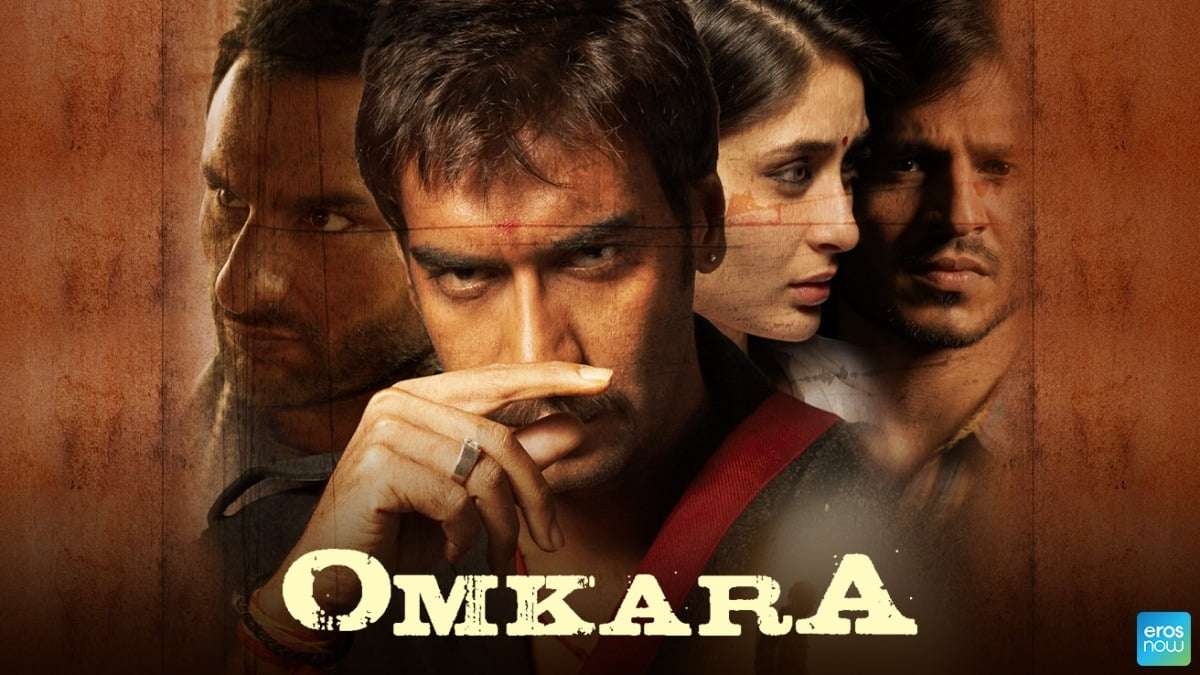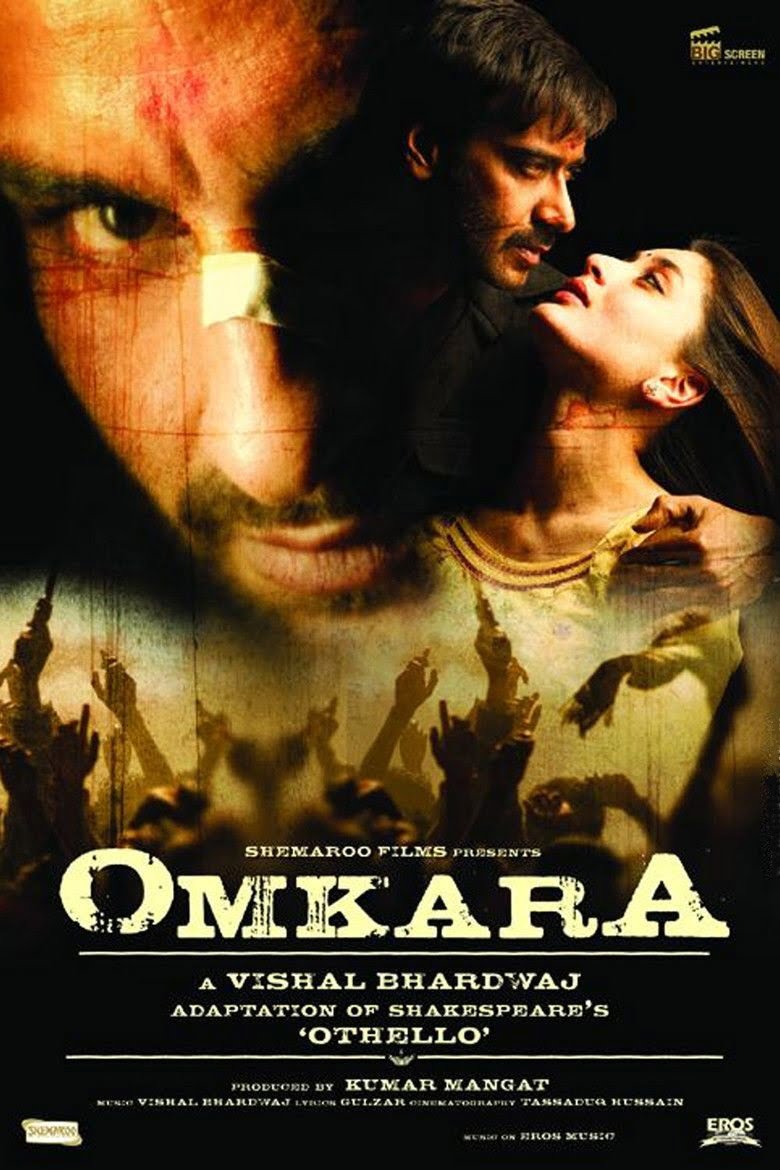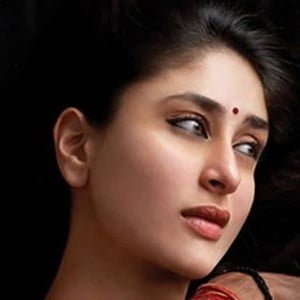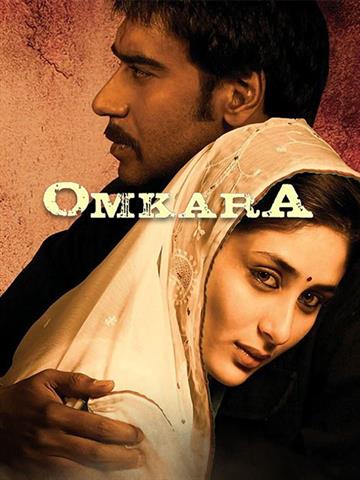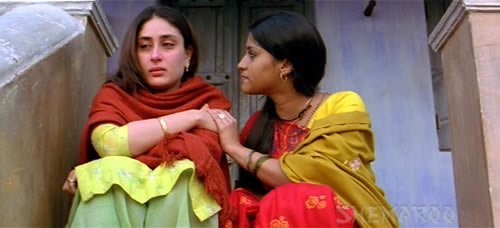In the world of Bollywood, where traditional gender roles often prevail and women characters are frequently relegated to the sidelines, Vishal Bhardwaj’s adaptation of Shakespeare’s Othello, titled Omkara, stands out as a cinematic masterpiece that defies the norm. Released in the mid-2000s, this film not only skillfully transcreates Shakespeare’s classic but also infuses it with the rich tapestry of Indian culture and the complex dynamics of Indian society, thereby challenging age-old norms.
Bollywood has often been criticised for its portrayal of submissive women and the objectification of women through item numbers. The early 2000s saw a plethora of movies where women characters were either pigeonholed into obedient housewife roles or faced backlash for daring to live life on their own terms. Take, for instance, the iconic Kabhi Khushi Kabhie Gham, where the vibrant and strong Pooja constantly finds herself dress-coded by Rahul, revealing the subtle sexism woven into seemingly harmless jokes.
However, Omkara serves as a refreshing departure from this trend. Vishal Bhardwaj, through his astute direction, brings to life a narrative that not only delves into local racial dimensions and caste issues but also presents a critique of the patriarchal structure entrenched in desi (Indian) society. The film unfolds a series of subversive themes and feminist underpinnings, with its female protagonist, Dolly, emerging as one of the most iconic characters of 2000s cinema.
Dolly’s subversion of romantic conventions and her agency in Omkara
Dolly’s character played by Kareena Kapoor, is an embodiment of agency and courage, something often lacking in the portrayal of women in Bollywood. From the outset, Dolly breaks the stereotype that men must always make the first move in a romantic relationship. She boldly confesses her love for Omkara, challenging conventional notions of gender dynamics. Her elopement with Omkara is not just an act of love but a direct challenge to the deeply rooted patriarchal tradition where the fate of a woman is typically decided by her parents or grandparents.
Dolly, however, stands unwaveringly against these norms, refusing to succumb to societal pressure. When she is enquired about her elopement with Omkara as her father believes that she’s been kidnapped by Omkara, Dolly doesn’t hesitate to express her true feelings as she says ‘Hum tou bas apni marzi ke ghulam hain jee.’ (I’m simply a slave to my own will.) This statement serves as an expression of Dolly’s ability to make her decisions independently without letting her patriarch have any say in it.
Moreover, Dolly’s agency extends beyond matters of the heart; she is vocal and assertive in her relationships with men. She stands her ground against her father, refusing to let him stifle her agency. Similarly, her ability to change Omkara’s perspective regarding Kesu is a testament to her strength of character.
Moreover, Dolly’s agency extends beyond matters of the heart; she is vocal and assertive in her relationships with men
Towards the film’s climax, when accused of infidelity by Omkara, Dolly makes a poignant choice. She could have admitted to a falsehood to save her life, but instead, she chooses to give up her life, preserving her honor and loyalty to herself.
The interplay of caste and patriarchy and the critique of marriage
What makes Dolly’s character even more groundbreaking is her choice of partner. Omkara is a half-caste, frowned upon by society due to his low-caste lineage. Dolly’s fight transcends patriarchal boundaries to confront the deeply ingrained racism within Indian culture. Thus, Dolly’s struggle isn’t restrained to patriarchy only but it is multifaceted in nature as her defiance goes beyond challenging traditional gender roles – it questions the deep-seated caste prejudices and even the sanctity of the institution of marriage itself.
As the story unfolds, Dolly and Omkara choose to live together without getting married, openly defying the institution of marriage. In South Asia, marriage is considered sacred, and pre-marital sex remains a taboo subject. However, marriage as an institution in South Asia often serves as a tool to perpetuate oppression and reinforce social hierarchies and injustices against women. Dolly’s pre-marital sexual relationship with Omkara is not only subversive, but also rejects the notion of legitimisation of one’s love through marriage. Therefore Omkara defies these age-old taboos by presenting characters whose mere existence challenges societal norms. .
Indu: an icon of sisterhood in Omkara
Likewise, towards the end of the film, it’s not only Dolly but also Indu who emerges as a feminist icon. Indu’s conversation with Omkara about the insatiable nature of patriarchy, which is never satisfied no matter how many sacrifices women make for men, is truly remarkable. Indu is a woman who believes in sisterhood. While she has known Omkara for years, her connection with Dolly has only been for a few days. Despite this, she doesn’t hesitate to offer Dolly the support she needs, as evident in her conversation with Omkara.
She boldly stands up to Omkara and asserts, ‘I’ll take care of Dolly.‘ Indu’s relationship with Dolly is a perfect example of sisterhood and solidarity. Indu’s support for Dolly goes beyond merely advocating for her rights; it extends to her defiance of patriarchal expectations. When faced with the moral dilemma of saving her marriage and husband, as societal norms dictate, Indu takes a morally principled path. She takes her husband’s life to avenge Dolly, a decision that defies convention.
What’s particularly fascinating here is that by all accounts, Omkara should have been the one to exact revenge on Langda (Indu’s husband), but he refrains from doing so. Indu and Dolly’s relationship isn’t a conventional one; it’s built on a foundation of solidarity and sisterhood. In making her choice, Indu defies the pervasive hegemony of patriarchy, prioritising her responsibility to her community over the expectations of the patriarchal order.
Indu and Dolly’s relationship isn’t a conventional one; it’s built on a foundation of solidarity and sisterhood
In conclusion, Omkara is more than just a cinematic adaptation of a classic; it is a powerful statement on feminism, agency, and defiance against patriarchal and casteist norms in Indian society. Through the character of Dolly, the film not only challenges the conventions of Bollywood but also offers a progressive and feminist perspective that continues to resonate with audiences, reminding us of the power of cinema to challenge the status quo and push boundaries.
